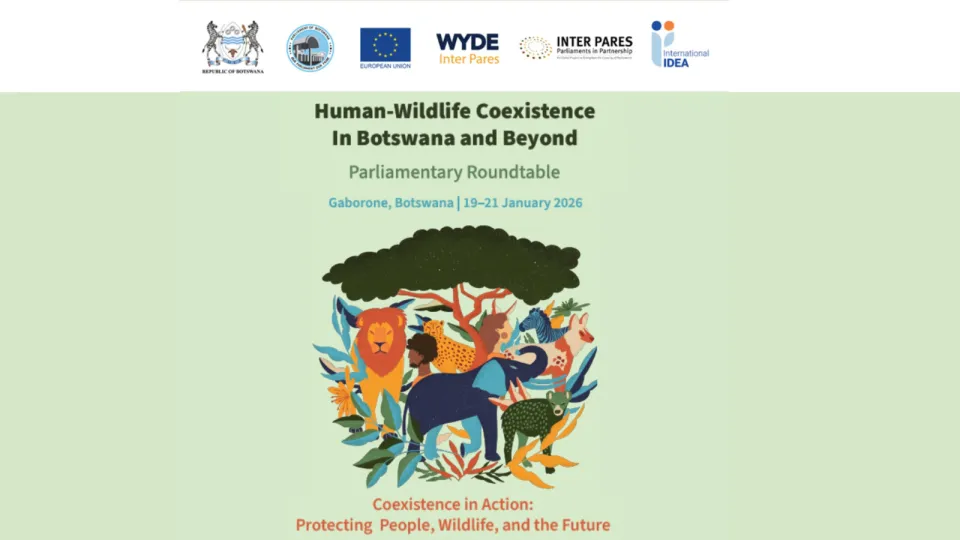A political party that embraces a clear set of policies or programme to reach out to citizens is more likely to listen, reflect and address citizens’ views. How does such a programmatic party come about?
International IDEA has recently studied this phenomenon and the results are presented in a new book, Politics Meets Policies: The Emergence of Programmatic Parties. The study draws lessons from political party systems in Brazil, Bulgaria, Dominican Republic, India, South Korea, Ukraine, Taiwan, Turkey, and Zambia to identify the factors that facilitate parties to become more programmatic.
Parties use a variety of strategies to reach out to voters. A programmatic party distinguishes itself from others in the following ways: it relies on a programme to engage voters; speaks with a single party voice on those positions; and has the commitment and ability to deliver on at least some of its key programmatic promises. In this way, it is argued, parties with political programmes and agendas are likely to better represent and be more accountable to citizens, to deliver on development and poverty reduction and to operate in a cleaner and less costly way.
But what factors facilitate programmatic politics? The research identifies a number of enablers, triggers, lockers-in and drivers of programmatic politics, although they do not fit into a simple formula or particular pattern.
Structural conditions
Structural conditions such as the level of urbanization, the capacity of the bureaucracy or the level of affluence seem to act as enablers of programmatic politics, as they affect the choices that politicians consider when deciding how to engage with voters. They also determine the capacity of the state to deliver on parties’ programmatic pledges.
Political and economic crises
The research also shows that political or economic crises can potentially trigger or engender a programme-based policy orientation in parties, as voters tend to question the status quo and put their faith in parties that present a vision of change. This is illustrated with a number of examples from around the world.
Institutional rules
Thirdly, certain institutional rules might contribute to secure or lock already produced programmatic gains. Rules that help decentralize power over candidate nominations and discipline the relationship between political parties and their legislative caucus seem to create, in certain contexts, incentives for politicians to emphasize programmes.
Programmatic leaders
Finally, the research finds that transitions to programmatic politics would be impossible without purpose and deliberate action of programmatic leaders. A natural space to nurture this sort of programmatic leadership is the opposition. Being outside government creates an incentive for building distinctive policy positions and mobilizing potential voters around them. The leader’s electability is essential too, so programmatic politics ultimately need voters who demand programmatic messages.
The book concludes with a chapter on implications for the action of politicians and political party support organizations.



